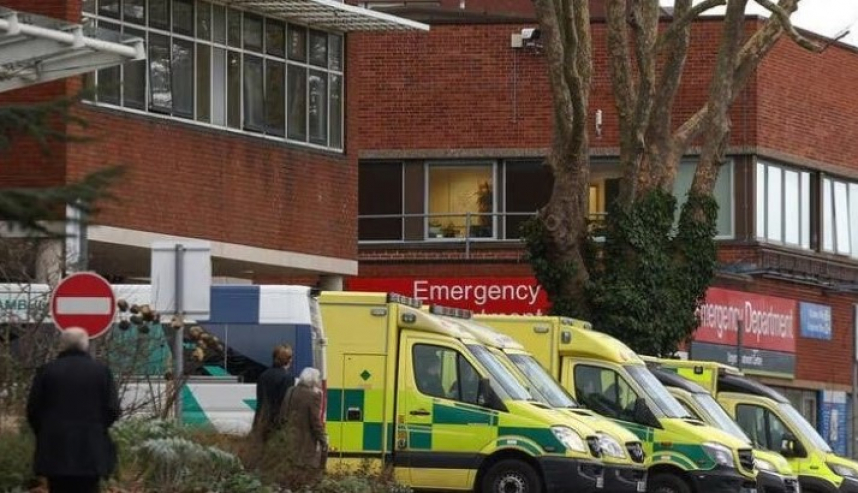
England's National Health Service (NHS) on Monday announced a two-year recovery plan to help restore emergency care and frontline services, currently struggling through one of their toughest winters.
The state-funded NHS said it sought to reduce waiting times and improve patient experience under the plan, which includes 800 new ambulances and 5,000 new beds backed by a 1 billion pound ($1.2 billion) fund.
"Urgent and emergency care is facing serious challenges but we have an ambitious and credible plan to fix it," Prime Minister Rishi Sunak said.
Sunak, in office for just three months, has said cutting hospital waiting times is one of his major priorities.
The circulation of COVID-19 and flu has increased winter pressures when hospitals are already trying to deal with huge backlogs bequeathed by the pandemic.
To make matters worse, ambulance workers and nurses have been on strike over pay, staffing, and investment levels that frontline staff says to leave them ill-equipped to cope with record demand.
Patients have faced waits of many hours in ambulances stuck in queues outside hospitals, unable to discharge patients due to a lack of available beds.
Elena-Ira Tzalacosta (Έλενα-Ήρα Τζαλακώστα)
The government on Sunday announced that more elderly and vulnerable patients would be treated at home to avoid unnecessary trips to the hospital, while the NHS said same-day emergency care units would try to reduce the number of people staying in the hospital overnight.
"The front door to the NHS is often where we can see the pressures build up," NHS England Chief Executive Amanda Pritchard said.
"To relieve that pressure, we will continue to work with social care colleagues to free up space in hospitals so that people who are well enough to leave can be discharged and get the care they need at home or in the community."
Photo: REUTERS/Henry Nicholls